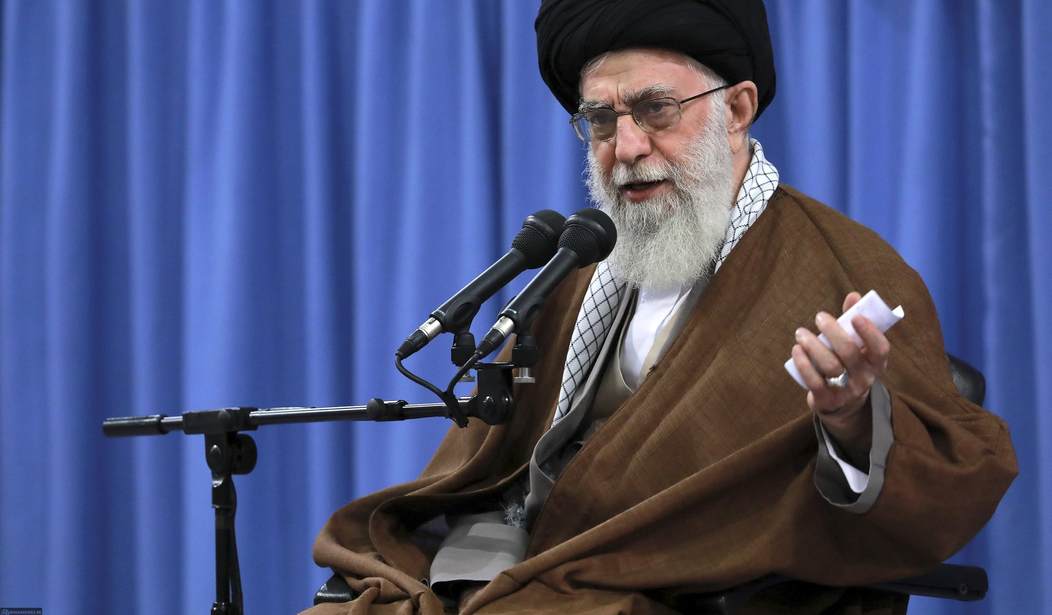In the Weekly Standard, one Dominic Green writes that “there is no reason why an independent state in Iraqi Kurdistan should destabilize the region.” Mr. Green means well–he supports the Kurds, as do I–but the root of our problem lies in our misguided desire for stability. Of course a Kurdish state will destabilize the region. That’s precisely why we should support Kurdish national aspirations, although we may have to take care to keep the control rods in the fission pile. Our problem is that we have diplomats and generals who don’t want to make waves, and we face opponents who know how to shift the burden of uncertainty onto us.
At a twenty-year horizon neither Turkey nor Iran can be stabilized, for demographic reasons I have detailed in Asia Times. Iraq and Syria, the twin products of Sykes-Picot colonial state-construction, cannot be put back together again. What Vladimir Putin understands well, and we refuse even to consider is that the question isn’t whether chaos, but whose.
I explained why in a March 14, 2006 essay for Asia Times, entitled, “How I learned to stop worrying and love chaos.”
The US is in large measure responsible for the chaos that overstretches the world from the Mediterranean Sea to the Indian Ocean. Trade, information and entrepreneurship have turned the breakdown of traditional society in the Islamic world into a lapsed-time version of the Western experience. The West required the hideous religious wars of the 16th and 17th centuries, the Napoleonic Wars of the 18th, the American Civil War, and the two World Wars of the 20th century to make its adjustment. To export a prefabricated democracy to a part of the world whose culture and religion are far less amenable in the first place is an act of narcissistic idiocy.
As a policy, what does the pursuit of chaos entail? In essence, it means going back to the instrumentalities of the Cold War: containment, subversion, proxy wars, military intervention where required, and a clear distinction between enemies and friends. Given the absence of a competing superpower – Russia’s diplomatic embarrassment in the Iranian matter being proof of the matter – it is a far easier policy to pursue.
It does not necessarily mean “realism” in the sense of the Kissinger era of diplomacy of the administration of president George H W Bush, namely preserving the status quo. When the administration of president Ronald Reagan set out to bring down the Soviet Empire, it did not inquire as to the consequences for Russian or Ukrainian; its object was to reduce a threat to the United States.
The first principle is to reward friends and punish enemies. I hold no brief for the Kurds as a people, recalling that their corner of eastern Turkey once was called Western Armenia. But the Kurds actively seek US patronage and should be accorded it. Turkey is ambivalent about its long-standing alliance with the United States, and Iran needs to be shown that it will not be permitted to develop nuclear weapons, nor interfere with its neighbors’ affairs.
Americans do not wish to shed their citizens’ blood for the purpose of nation-building in countries they do not much care about. The best solution would be to adopt the French model, in the form of a Foreign Legion based offshore. The world still is full of first-rate soldiers with a Russian or South African pedigree who are not suited to civilian life. By extension, Washington might issue Letters of Marque to private entities to deal with enemies at arm’s length.
In short, we need more leaders like Erik Prince and fewer like Gen. David Petraeus to address these problems in nasty and unexpected ways. (Prince has offered a much better version of my old “Foreign Legion” idea.) But the same principle applies. We want to destabilize Iran, because Iranian stability implies an arc of Chinese and Russian influence stretching across Eurasia. Stability in Iraq means continuing its status as an Iranian satrapy. Stability in Syria under present circumstances means allowing Iran to create its “Shi’ite corridor” through to the Mediterranean. Stability in Turkey means that President Erdogan will turn Turkey into a transport hub for China and a customer for advanced Russian armaments.
Stability is illusory, except to the extent that the various pieces fall into place as part of an Eurasian Pax Sinica. Instability is good as long as we use it to our advantage. We do not want to be the Lone Ranger, but rather Dashiell Hammett’s Continental Op.










Join the conversation as a VIP Member